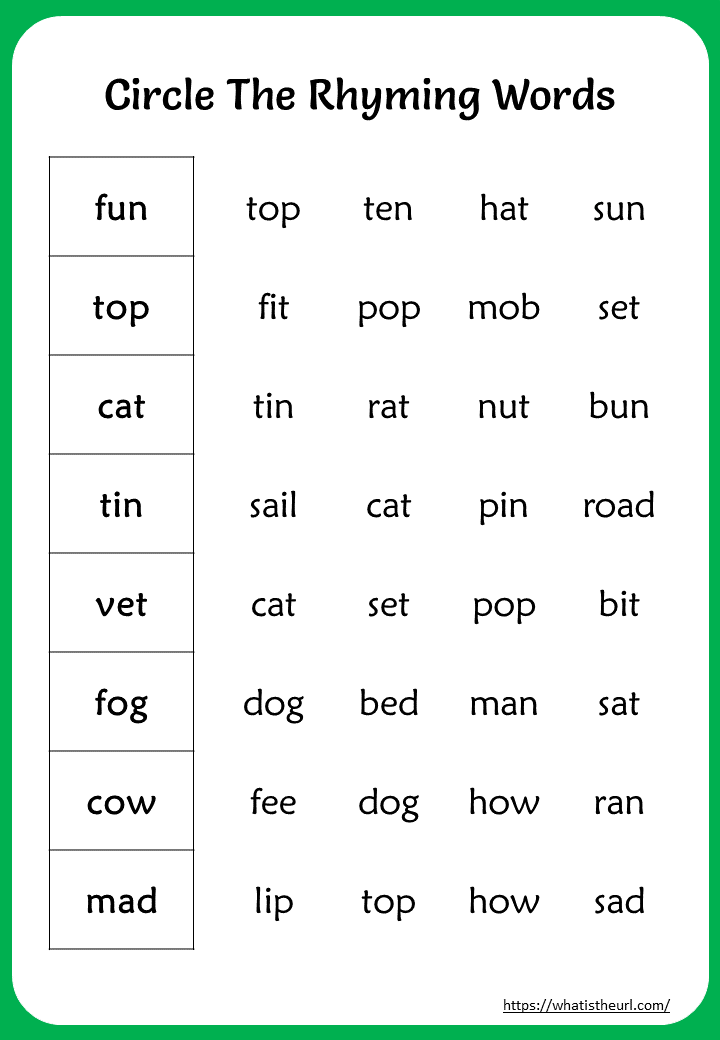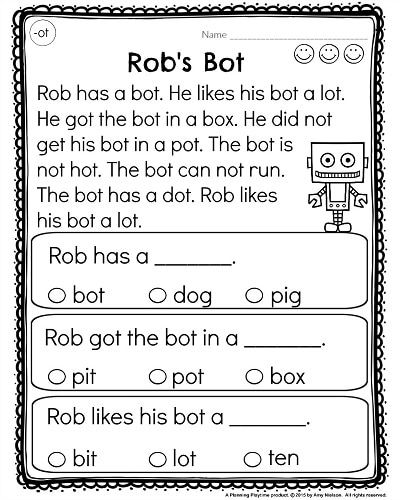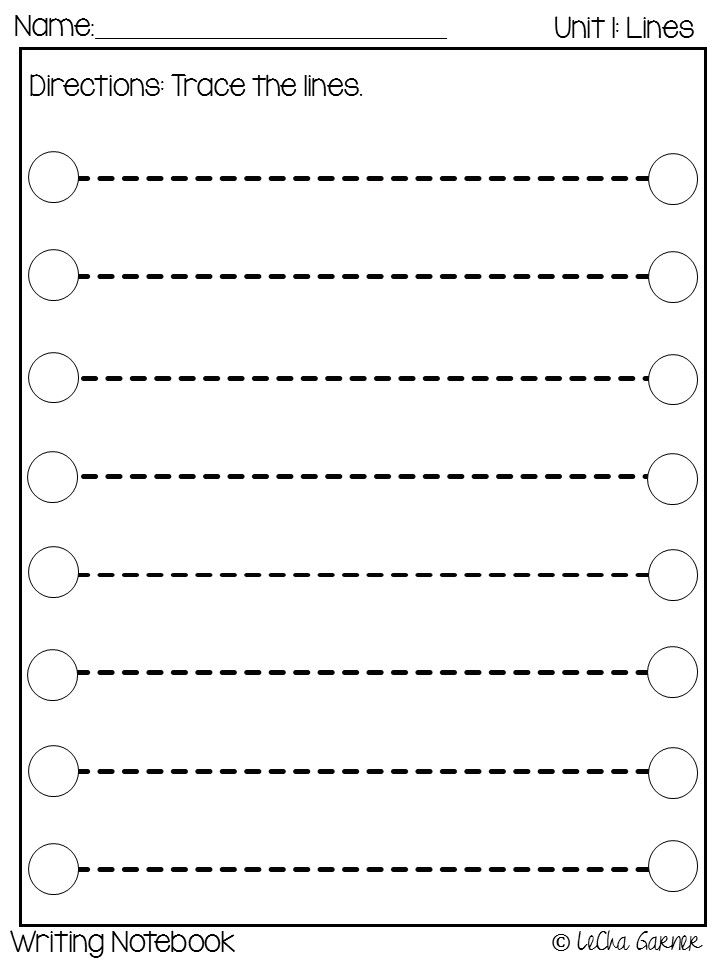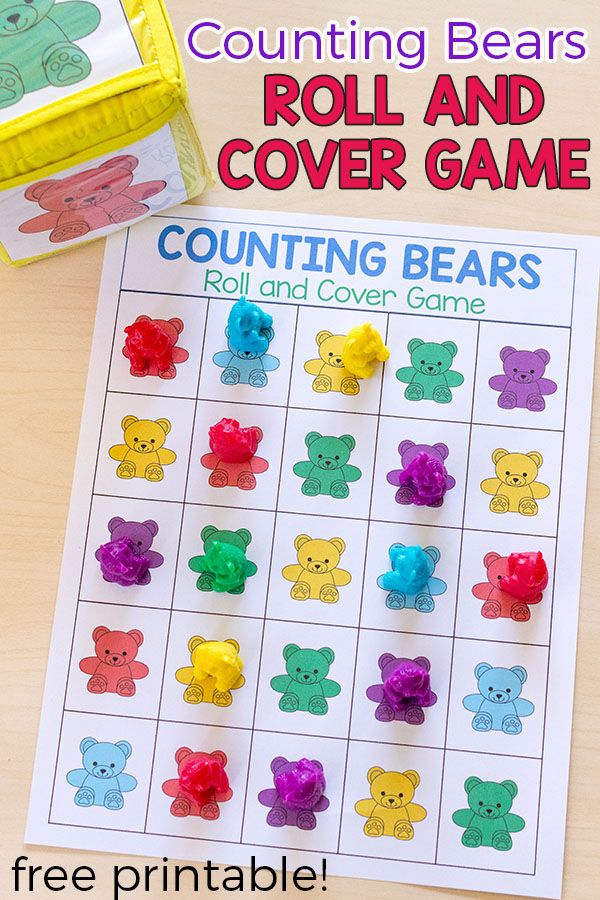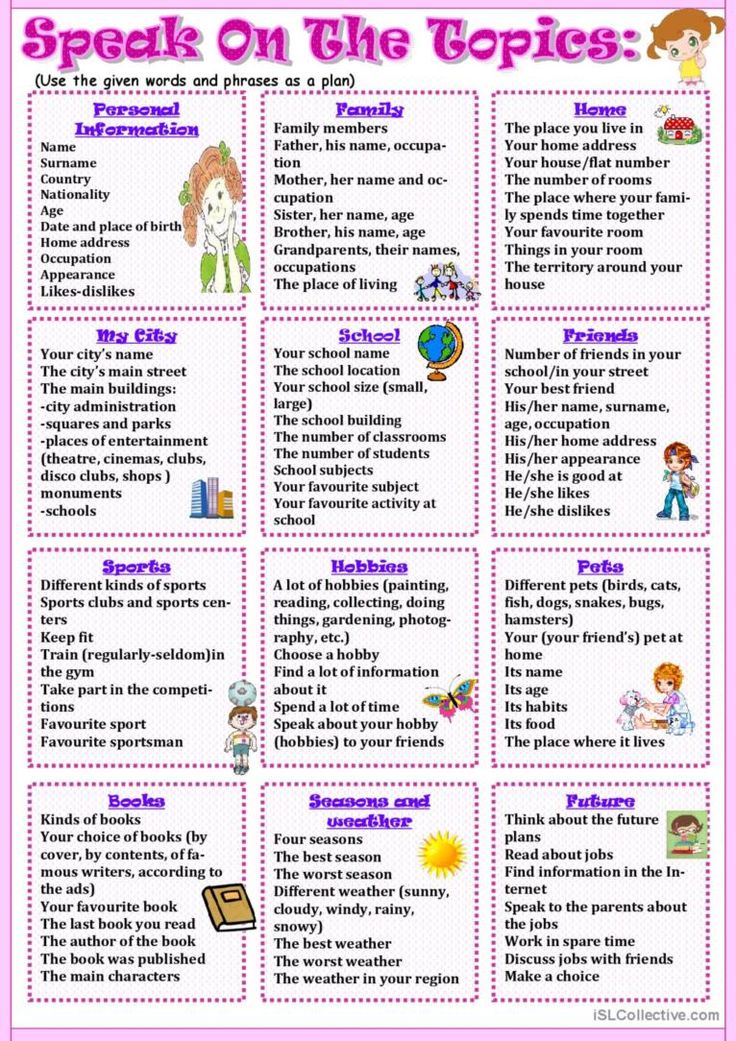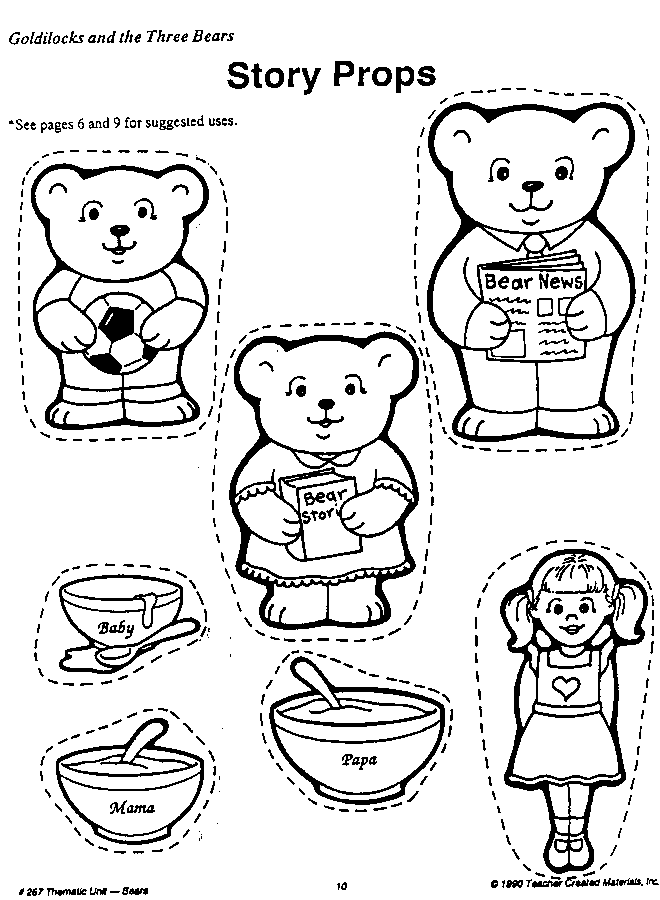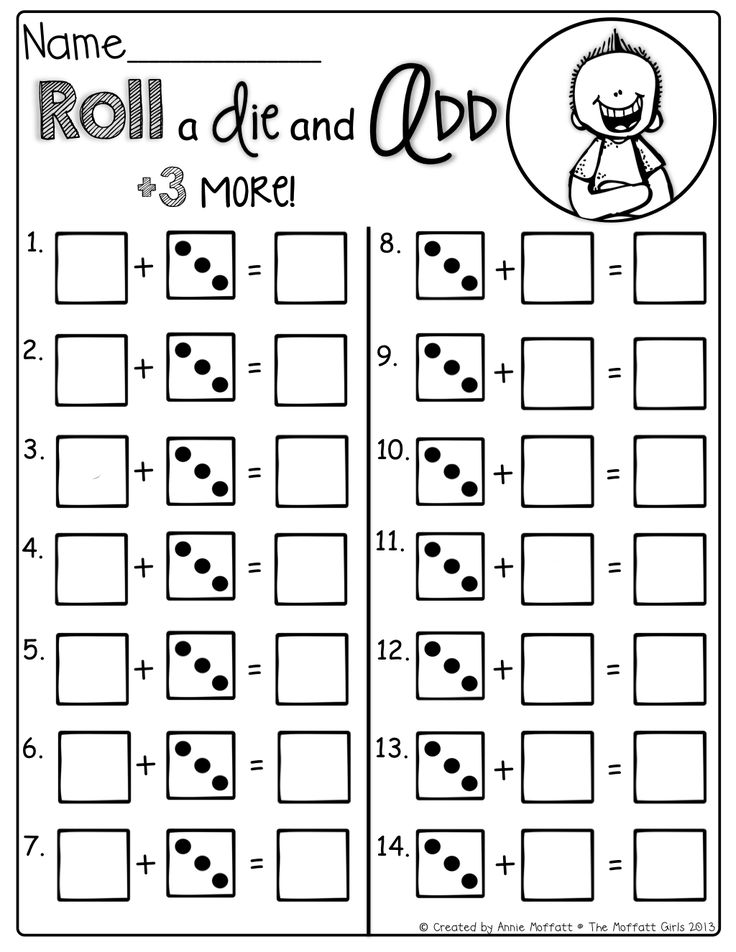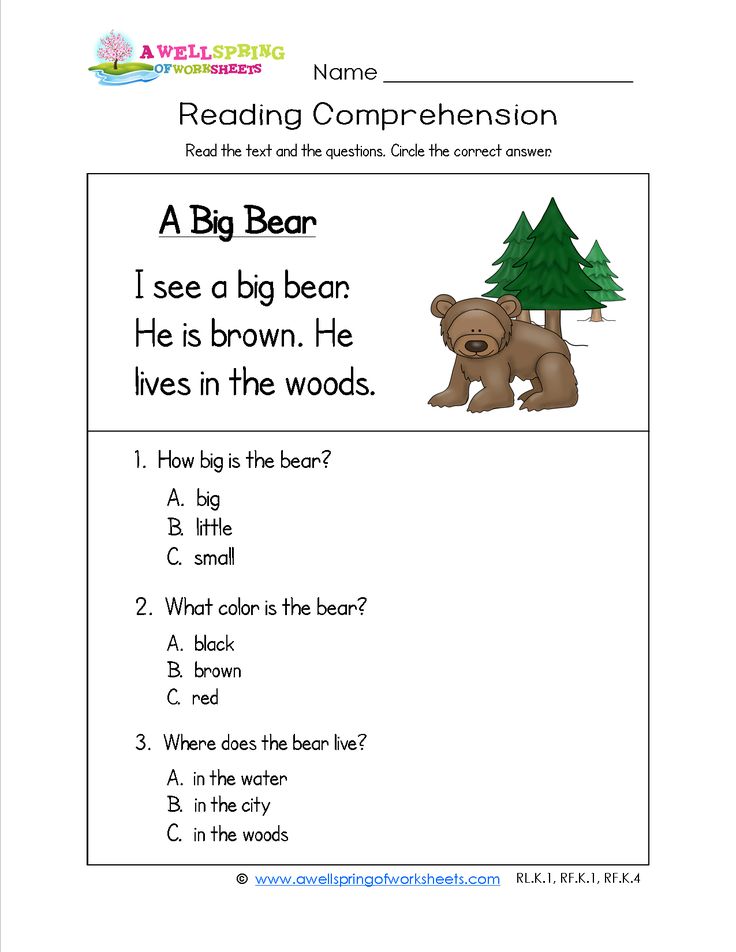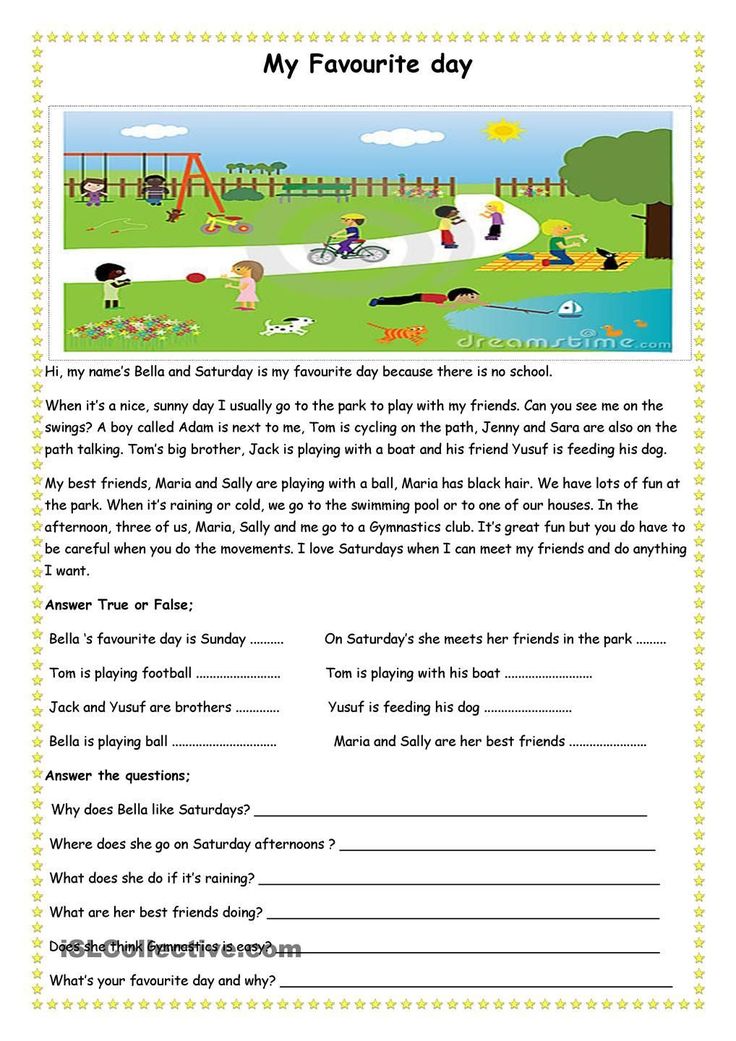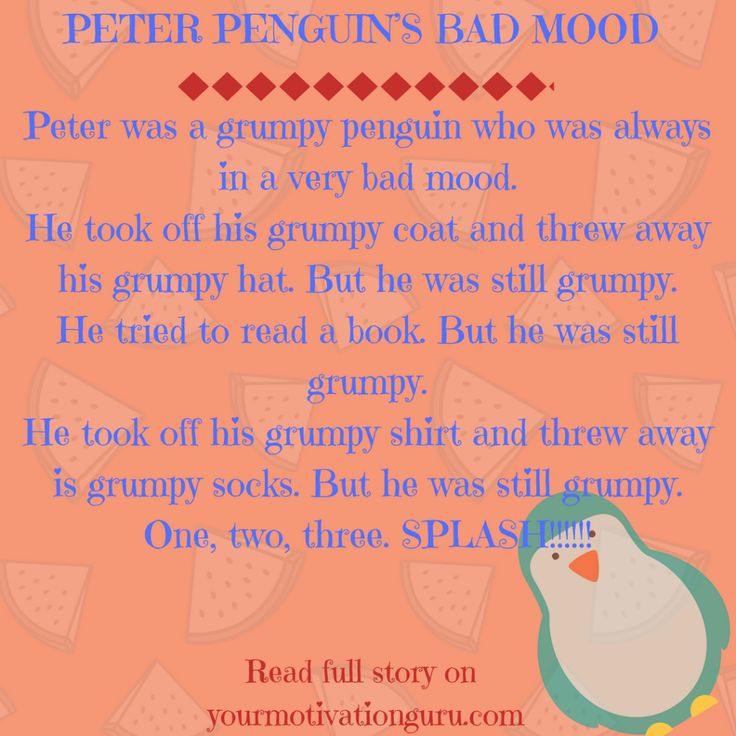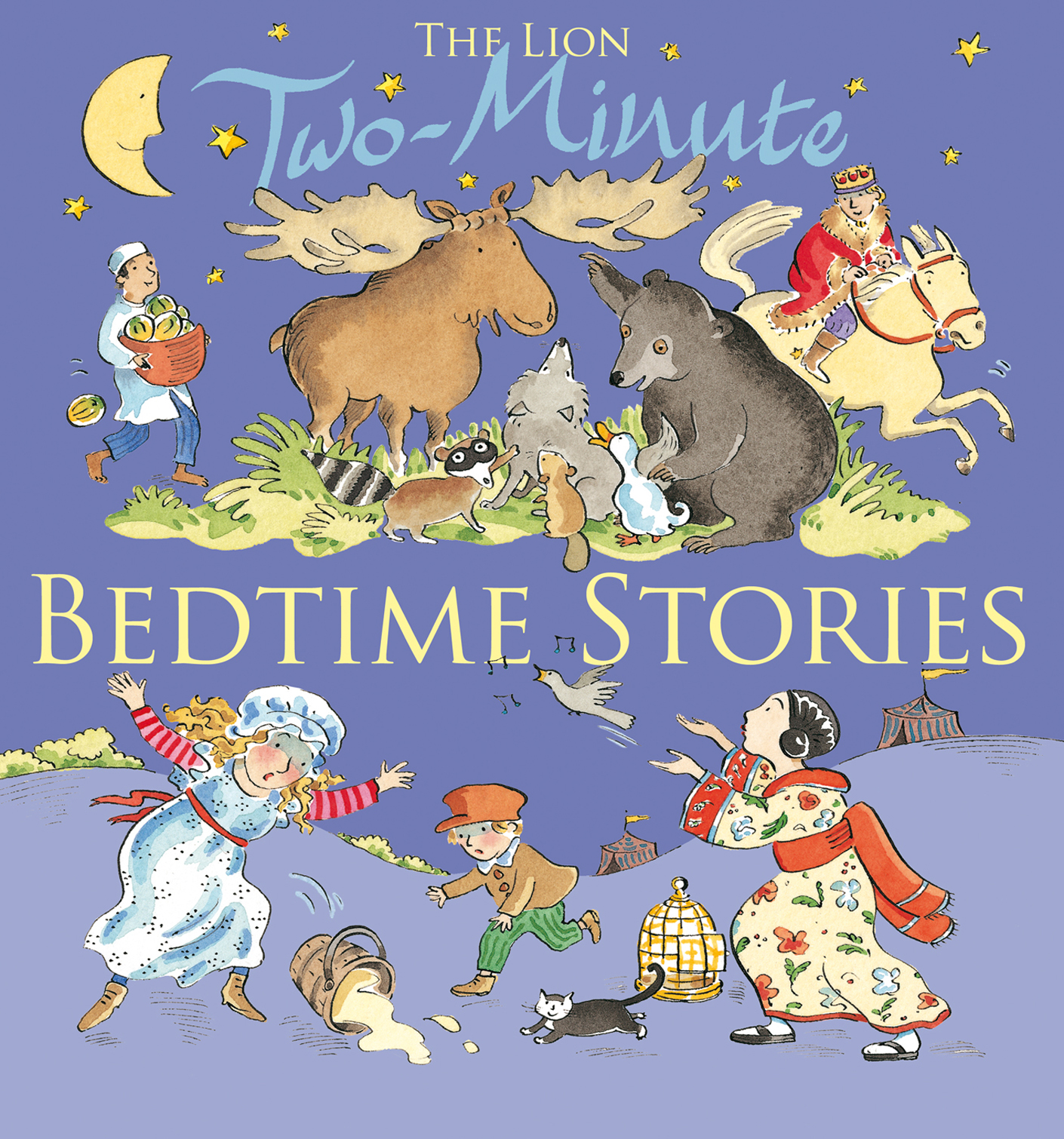Words that rhyme with quicker
243 best rhymes for 'quicker'
1 syllable
- Per
- Der
- Were
- Sir
- Her
- For
- Ur
- Are
- Yer
- Bir
- Blur
- Stir
- Fur
- Ver
- Spur
- Slur
- Ter
- Mer
- Thur
2 syllables
- Sicker
- Liquor
- Trigger
- Finger
- Nigger
- Bigger
- Sister
- Mr
- Winter
- Bitter
- Silver
- River
- Picture
- Liver
- Whisper
- Sinner
- Winner
- Dinner
- Inner
- Figure
- Killer
- Mirror
- Prefer
- Thicker
- Stripper
- Richer
- Hitler
- Shiver
- Clearer
- Mixture
- Miller
- Swisher
- Linger
- Thriller
- Digger
- Ripper
- Slicker
- Ginger
- Victor
- Litter
- Hitter
- Quitter
- Scripture
- Twister
- Flicker
- Filter
- Splinter
- Sticker
- Prisoner
- Glitter
- Thinker
- Singer
- Quiver
- Thinner
- Snicker
- Hipster
- Slither
- Blister
- Kicker
- Bicker
- Zipper
- Drinker
- Giver
- Wigger
- Tinker
- Scissor
- Trickster
- Vigor
- Wither
- Liqueur
- Picker
- Differ
- Rigor
- Sliver
- Sitter
- Refer
- Whisker
- Tinder
- Ticker
- Wicker
- Builder
- Chitter
- Pitcher
- Filler
- Hinder
- Inter
- Deter
- Printer
- Dipper
- Bidder
- Cinder
- Critter
- Timber
- Splitter
- Whimper
- Nearer
- Richter
- Pillar
- Slipper
- Fixture
- Clipper
- Weirder
- Flipper
- Swifter
- Fitter
- Listener
- Sprinter
- Tripper
- Simmer
- Simpler
- Chiller
- Glimmer
- Fisher
- Hither
- Injure
- Ringer
- Dimmer
- Stinger
- Conquer
- Sucker
- Fucker
- Darker
- Slimmer
- Shimmer
- Springer
- Mixer
- Joker
- Kisser
- Spinner
- Skinner
- Spiller
- Riddler
- Stiffer
- Sprinkler
- Infer
- Driller
- Sugar
- Longer
- Younger
- Stronger
- Hunger
- Anger
- Stiller
- Defer
- Littler
- Tiger
- Daughter
- Laughter
- Reaper
- Paper
- Water
- Thunder
- Wonder
- Louder
- Razor
- Smarter
- Slaughter
- Rapper
- Harder
- Leader
- Upper
- Later
- Measure
- Shoulder
- Under
- Colder
- Sniper
- Chopper
- Shatter
- Cheddar
- Super
- Master
- Faster
- Matter
- Fighter
- Deeper
- Greater
- Loser
- Murder
- Pleasure
- After
- Writer
- Hater
3 syllables
- Consider
- Sinister
- Deliver
- Character
- Familiar
- Officer
- Minister
- Beginner
- Challenger
- Manager
- Register
- Moniker
- Corridor
- Jupiter
- Editor
- Hilfiger
- Furniture
- Visitor
- Cylinder
- Canister
- Stupider
- Messenger
- Transmitter
- Oliver
- Elixir
- Finisher
- Disfigure
- Dillinger
- Configure
- Punisher
4 syllables
- Reconsider
- Competitor
- Babysitter
- Unfamiliar
- Motherfucker
- Commissioner
- Conditioner
- Caterpillar
- Extinguisher
5 syllables
- Executioner
Want to find rhymes for another word? Try our amazing rhyming dictionary.
If you write lyrics you should definitely check out RapPad. It has tons of useful features for songwriters, lyricists, and rappers.
bicker, bricker, clicker, dicker, fli...
Pure Rhymes – 22 rhymes
Words that have identical vowel-based rhyme sounds in the tonic syllable. Moreover, that tonic syllable must start with a different consonantal sound.
bicker
bricker
clicker
dicker
flicker
kicker
knicker
licker
liquor
picker
sicker
slicker
snicker
sticker
thicker
ticker
vicar
wicker
Ricker
Schlicher
Stricker
Whicker
End Rhymes – 5384 rhymes
Words that have a pure rhyme on their last syllable only.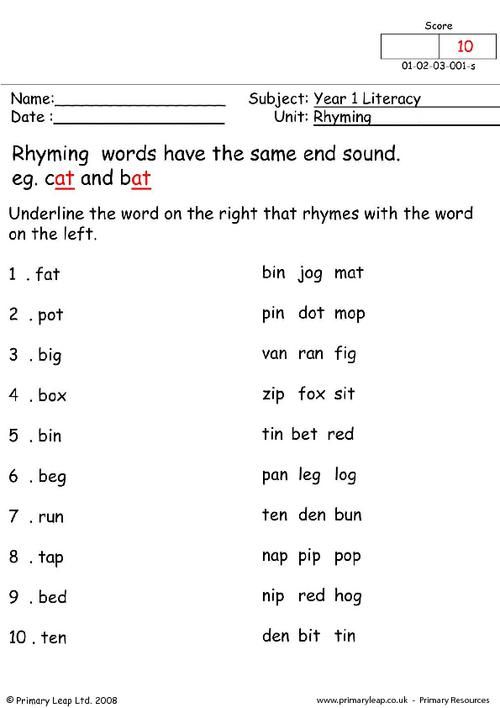
brisker
whisker
- by a whisker
drinker
kinker
linker
pinker
sinker
thinker
tinker
winker
freethinker
Klinker
Rinker
Slinker
Treblinka
- hook, line and sinker
- hook, line, and sinker
- swallow hook, line, and sinker
differ
sniffer
stiffer
Sypher
"Go Pro" to see the next 591 end rhyme sets.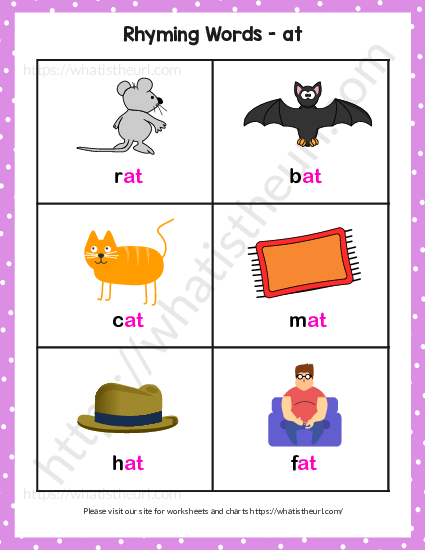
Click here to "Go Pro"
Near Rhymes – 582 rhymes
Words that "almost" rhyme on the vowel-based rhyme sound of the stressed syllable like: be/eat or maybe/shapely.
brisker
whisker
- by a whisker
drinker
kinker
linker
pinker
sinker
thinker
tinker
winker
freethinker
Klinker
Rinker
Slinker
Treblinka
- hook, line and sinker
- hook, line, and sinker
- swallow hook, line, and sinker
differ
sniffer
stiffer
Sypher
"Go Pro" to see the next 88 near rhyme sets.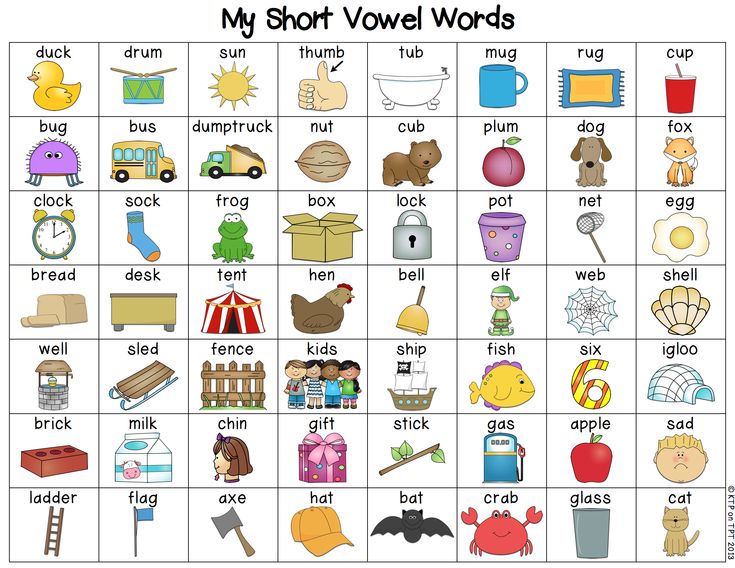
Click here to "Go Pro"
Mosaic Rhymes
Rhymes made up of more than one word. For instance, "jealous" and "tell us" or "shaky" and "make me."
There are no mosaic rhymes for "quicker".
SOUNDS, RHYMS, FORMS... | Science and Life
Nikolai Shulgovsky (on the right, penultimate in the first row) - student of St. Petersburg University, 1908 (published for the first time).
View full size
‹
›
Rhymes, that is, consonant endings of words, play an important role in versification. Rhyme is an important formative element in verse and its special sound beauty. In addition, the sounds of speech themselves play an important role in the poem, for example, to depict some sound phenomenon in life and nature. There are even special (onomatopoeic) words that either literally imitate the natural phenomena they denote by sounds, or express them conditionally.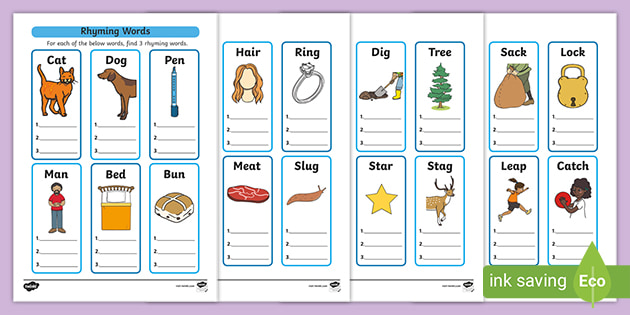 The first group includes such words as, for example, buzz, whistle, whistle, crunch, crunch, howl, howl, etc. The second group includes conditional ones, for example: ah! Alas! Oh oh oh! ouch! Oh! ha, ha, ha! hee, hee! ding, ding, ding! etc., similar to exclamations issued by people on appropriate occasions, or to the sounds of known objects.
The first group includes such words as, for example, buzz, whistle, whistle, crunch, crunch, howl, howl, etc. The second group includes conditional ones, for example: ah! Alas! Oh oh oh! ouch! Oh! ha, ha, ha! hee, hee! ding, ding, ding! etc., similar to exclamations issued by people on appropriate occasions, or to the sounds of known objects.
But, in addition to special words and by combining ordinary ones, such combinations of sounds can be obtained that more or less closely express any natural sounds.
Of course, in verse it is necessary to avoid ugly, any whistling, hissing, etc. consonances. It would be strange if a verse declaring love were built on a whistle or a buzz, or a poem depicting evening calm would be full of growling sounds. When this is done by accident, through an oversight, then this is a mistake in the verse. But sometimes a "mistake" can be - under special conditions and with a special plan - turned, on the contrary, into a virtue. Some ugly and unacceptable combinations of sounds in a verse can sometimes be used as a special artistic device.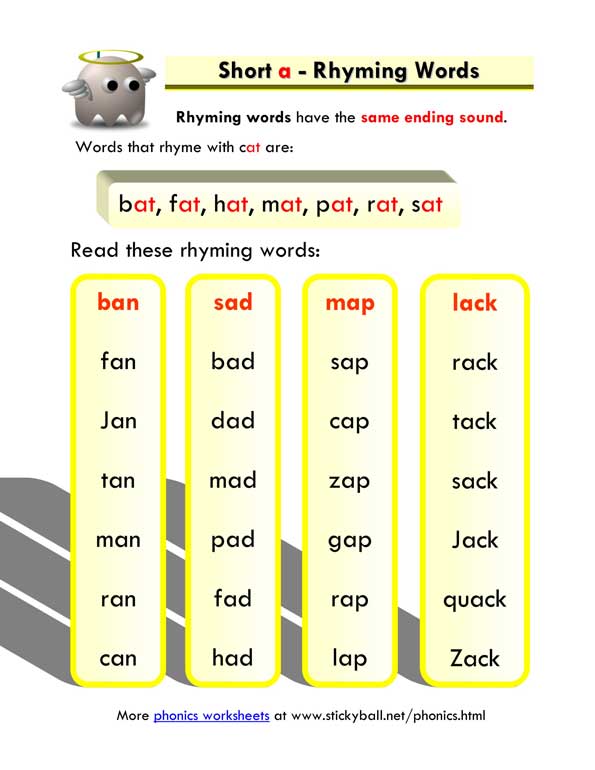 This is the case with onomatopoeia . It is often found in high poetry, for example:
This is the case with onomatopoeia . It is often found in high poetry, for example:
1) In the sounds of verse - Alexander Sumarokov's frogs croak like this:
Oh, how, oh, how can we not speak to you, to you, gods!
Fyodor Tyutchev writes that the storm "lashes, whistles and roars."
2) In the very rhythm of the verse - the speed of horse running is conveyed in the poem by Leonid Semenov:
We raced on horseback,
The wind tore and metal,
Played in horse manes,
Flooded in deserted fields.
3) The same run in the poem by Konstantin Balmont:
Red horses, red horses,
red horses are my horses.
Their manes are bright, their twists curl,
fiery explosions, neighing in oblivion...
Ivan Krylov with the following viscous dimensions conveys the slowness of the movement of a large heavy carriage:
In July, in the heat, at midday
Loose sands, uphill
With luggage and with a family of nobles
Four sobs dragged along.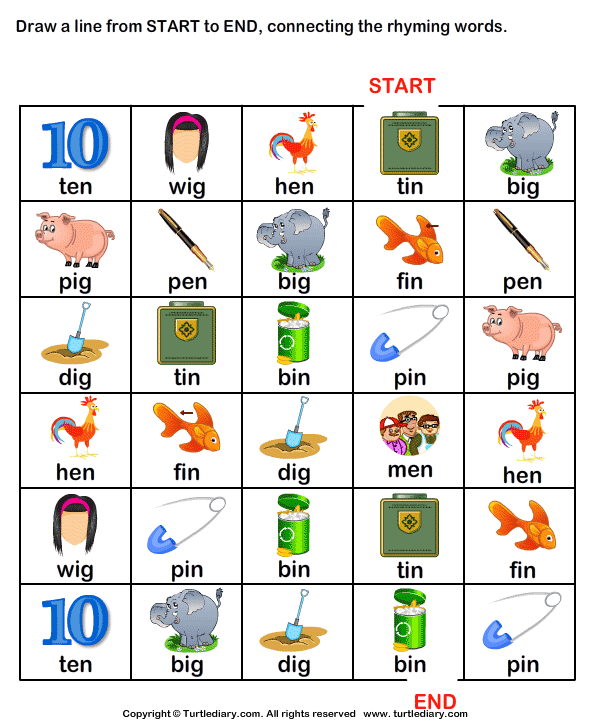
The poetic effect for the listener and reader can be enhanced not only by onomatopoeia, but also by playing rhymes. In this case, rhymes consist of two or more words. At one time, Dmitry Minaev was famous for such rhymes:
Though the odor of your poems is strong,
But the general oblivion is their fate.
Of course, both with onomatopoeia and with the game of rhymes, the poem must be constructed in such a way that the connection in rhymes is interesting, and the meaning can be comical.
Often poets create verses of the so-called enigmatic form : acrostic, mesostich, tautogram and others.
In acrostic , the riddle of the writer is solved by reading the words from the first letters of the poetic lines.
In mesosich the letters that make up the "mysterious" word are lined up in the middle of the poem.
In tautogram (another name is anaphora), all words begin with the same letter:
Lazy years are easy to caress,
I love purple meadows,
I catch the Levkoys glee,
I catch fragile legends.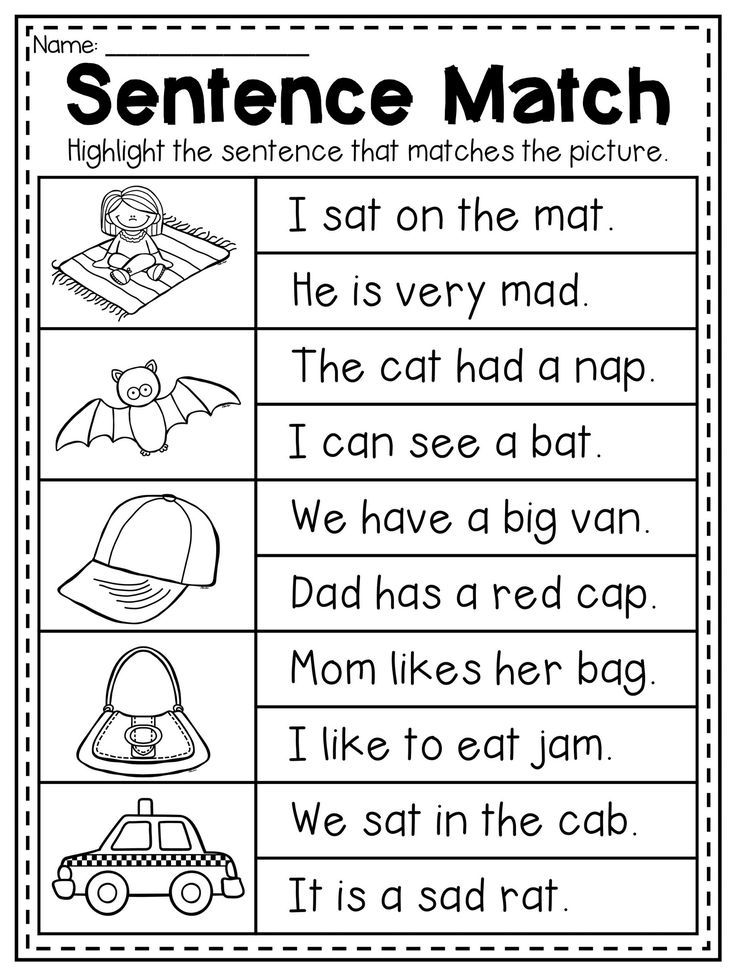
Radiant linen lovingly sculpts
Azure caressing forests.
I love crafty lilies babble,
Flying incense petals.
V. Smirensky
Poeters manage to compose verses containing a sequence of words, the initial letters of which make up the alphabet, or verses devoid of any particular letter or several letters.
The listed techniques are poetic tricks. However, there are more complex poetic tricks, where the whole hidden essence of the poem is based on the special construction of the verse and even the whole poem. Such poetic constructions include hidden verses (crypt verses, or piecewise verses) and palindromes.
The crypt verses (from the Greek "crypto" - I hide) are extremely difficult to perform. These are peculiar mysterious poems, which are an interesting form of poetic cryptography. In them, one must immediately embrace the entire given verse and both of its halves with consciousness. Thought spreads both horizontally and vertically, and care must be taken that, on the whole, its insidious parts are completely invisible at first sight, so that the whole poem has its own integral meaning, and each of its parts, both left and right, would have its own meaning.
Let's illustrate this with an example - read a touching declaration of love:
To keep lovingly "yes" I promised forever...
Can I now live alone in the world?
I will never be a heartless coquette.
Loving you, believe me, is fun to drink to the bottom!
An enthusiastic lucky man in ecstasy rushes to share his joy with a loved one, from whom he has no secrets. But this man is more wise in life: he is a skeptic.
In our fast-paced age, idealism is rare. A skeptic takes a love letter, reads it, wants to congratulate his friend, and suddenly ... something catches his eye. Something strange ... "Wait a minute, wait a minute," he says, and, to the horror of his interlocutor, without changing a word in the poem, reads:
Keep lovingly "yes"
Can I now
I will never
Love you, believe me!
I promised forever
in the world to live alone,
heartless coquette,
fun to drink to the bottom.
The scene is so amazing that we leave it to the amazed reader to depict it.
Another trick form of versification is palindrome . It is a phrase or verse based not on a vertical reading, but on a horizontal one. They are read the same and with the same meaning on both sides; there are two kinds of them.
The first type of palindrome represents verses that, when read as on the left, and right are pronounced the same. This is the so-called letter palindrome. WITH many people know him:
I am glad, giving,
Darya, I'm glad.
D.I.
Unfortunately, not every such palindrome is endowed with a meaning that does not require comments.
The second type of palindrome is more difficult to create, but also more interesting. It is a poem that is read from the beginning and from the end with the preservation of the same meaning, but not by letters, but by words. The first word of the poem will be its last word, the second - the penultimate, the third - the third from the end, etc. Each word of the poem, therefore, must occur twice in it. If we denote the words of the palindrome with the numbers 1, 2, 3, etc., then the scheme of a palindrome containing, for example, 8 different words, will be as follows:
Each word of the poem, therefore, must occur twice in it. If we denote the words of the palindrome with the numbers 1, 2, 3, etc., then the scheme of a palindrome containing, for example, 8 different words, will be as follows:
1 2 3 4
5 6 7 8
8 7 6 5
4 3 2 1
Here is a remarkable example of a Latin palindrome presented to Pope Pius I in the 2nd century BC. AD
Laus tua, non tua fraus, virtus, non copia rerum
Scandere te fecit hoc decus eximium.
Eximium decus hoc fecit te scandere rerum
Copia non, virtus, fraus tuf nou, tua laus.
In translation, it means:
"Your feat, not a crime, virtue, not wealth, allows you to rise to this exceptional glory. It is not wealth, but virtue, not a crime, but your feat that allows you to rise to this exceptional glory."
[As you can see, the palindrome fully meets the construction requirements. However, the attentive reader will see in it a possible, albeit hidden, meaning.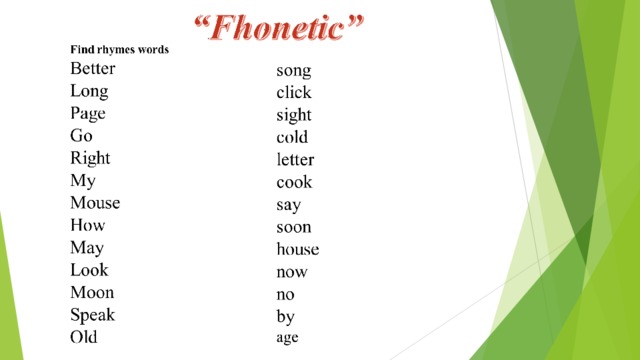
Let's try to read its second part, placing punctuation marks in it a little differently:
Eximium decus hoc fecit te scandere rerum
Copia, non virtus, fraus tuf, nou tua laus.
Let's translate the result:
"To this exceptional glory, wealth, and not virtue, your crime, and not your feat, allow you to rise."
What is it? Whether the pope guessed about such a possible metamorphosis of the text, we will probably never know, but it is obvious that the author of this poetic miniature was an inventive person. - Yu.M .]
Through the game of rhymes, you can build any poem. But such verses are also possible, the very essence of which depends on rhymes. These include monorim . In this form, the entire poem is built on one identical rhyme (reeds - breathe - silence - hurry - wilderness, etc.). Beautiful monotonous rhymes, repeated in greater numbers than in the ordinary number habitual for hearing (two or three), can create a truly artistic impression:
Heart rejoicing and tormenting,
Mournfully quiet, melodious
They roar, they roar of monotony . ..
..
That is not thunderous lightning
Red-flame burning...
Not the fires of the seething sea...
Dawns scarlet, burning...
These are flying sparks
Mournfully quiet, melodious
Single flowers - monotones.
Vl. Lebedev
Poems can be composed in the form of well recognizable objects. Such poems belong to subject form poetry . It originated in ancient Rome. And the examples of such poems, in their appearance along the framing contour, corresponded to what was described in them: an ax, an ax, wings, an egg, a goblet, a cross, a palm tree, a tower, a trapezoid, a pyramid.
The "secret" of subject poems lies in the exact distribution of poems of various length, determined by the contours of the chosen form. It is desirable that the content poems went in unison with the purpose or properties of the subject. For example, by about the appearance of this book, its author wrote a joke-prospect in the form of a garden vases.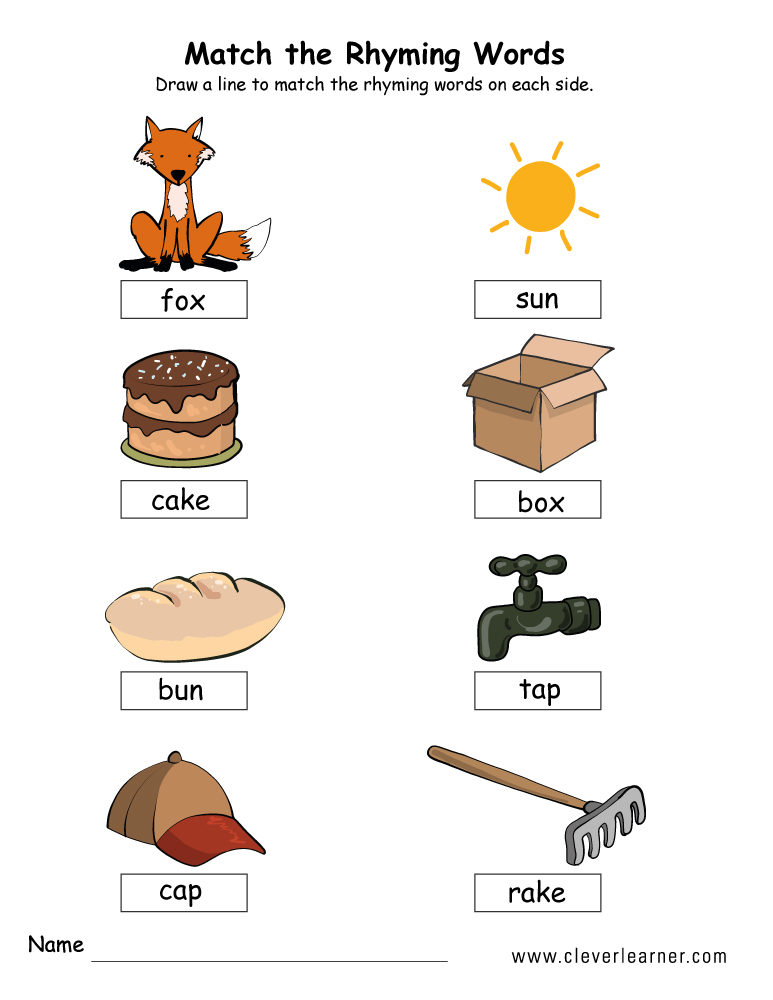 This advertising-joking poem, placed in a "vase", mentions some forms of poetry, which are described in the book (burime, "echo", logogriff etc.):
This advertising-joking poem, placed in a "vase", mentions some forms of poetry, which are described in the book (burime, "echo", logogriff etc.):
Poets respond to all phenomena of life with verses and poems of any form and length.
So, often in collections of poems you can find a poem with a sharp thought - epigram . In modern poetry, the word "epigram" denotes a mockingly satirical (sometimes - "poisonous") poem addressed to a certain person. The advantage of epigrams is the brevity of the verse and the accuracy of the "prick". We give examples of epigrams.
Tip
You are cold and empty: winter is in your verses.
To give them heat, warm them in the fireplace.
P. Kozlov
Na Karamzin
In his "History" elegance, simplicity
They prove to us without any partiality
The Necessity of Autocracy
And the charms of the whip.
A. Pushkin
As opposed to the lightness of the epigram, there is a special form of verse devoted to reflection and maxims.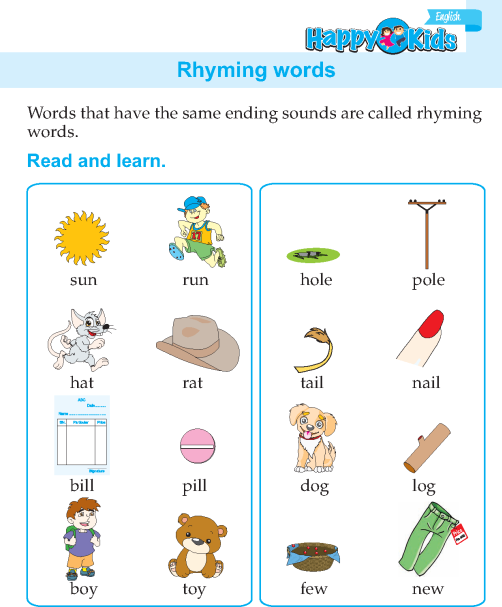 This is dwarf , a poem expressing some thought, mainly in the moral field, and consisting of one or more couplets. Examples:
This is dwarf , a poem expressing some thought, mainly in the moral field, and consisting of one or more couplets. Examples:
Don't marry a brightly shining beauty:
The torch irresistibly draws moths to itself.
A. Semenov-Tyan-Shansky
In the world, always say goodbye to a person, because you don’t know -
It's not the last time you see him in your life.
N.N.
Poets do not disregard both joyful and sad events. In connection with the death and burial of a person in poetry, there is a special form of poetry - epitaph , i.e. an inscription on a monument. Its content is praise for the deceased, reasoning, moralizing, addressing a passerby, etc. Often epitaphs are written from a person buried under a monument. So, at the Volkov cemetery in St. Petersburg there is an old monument, the poem on which begins with the words:
Passerby, you are coming,
But you lie down like me...
There are also humorous epitaphs.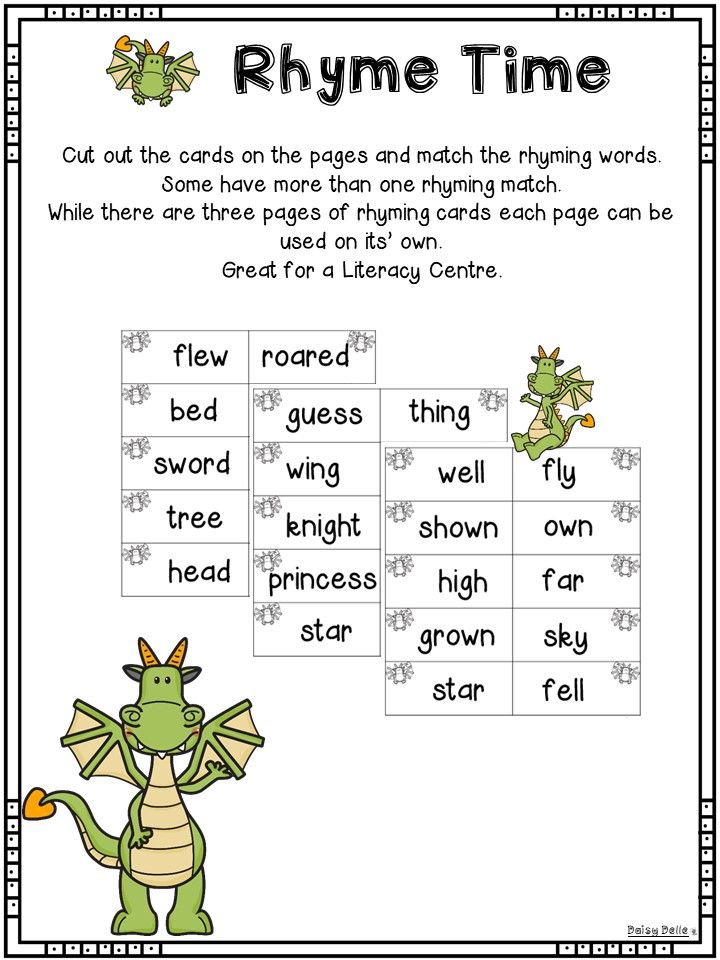 At the Okhtensky cemetery there was a monument erected after cholera in the 30s of the 19th century. The epitaph on it was:
At the Okhtensky cemetery there was a monument erected after cholera in the 30s of the 19th century. The epitaph on it was:
I spoke correctly:
Don't eat berries, Ilya.
You didn't listen to me -
I ate all the berries.
So you died, Ilya!
I spoke correctly...
But let's get back to life.
All poetic forms that we have considered require both time and labor for implementation. But there is one form that is created, or at least should be created almost instantly. This is impromptu .
This name is given to poems written immediately on occasion and very quickly, without preparation. Here is a wonderful impromptu of A. Pushkin, indignant at the fact that he was sent to work to conduct the "case of locusts." Piles of government papers could not have clarified this case better, as Pushkin found out with his inherent genius, writing the following on the cover of the "case":
Locust flew, flew
And sat down.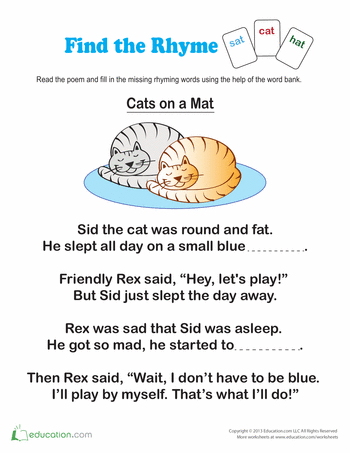
Sat, sat, ate everything
And flew away again.
Let's complete our short digression into the field of entertaining versification with a humorous form of poetic creativity - parody .
Parody is appreciated and loved by both readers and listeners.
The name of the parody comes from the Greek parados - singing inside out. Most likely, parody developed from satirical farces, which were given for the pleasure of the public in Ancient Hellas after the end of serious tragedies and where their content was often ridiculed.
The essence of parody (not to be confused with an epigram! - see above) is that the parodied serious work more or less retains its form, but the content is changed, which is why the thoughts and images of the main work, when applied to the new content, begin to acquire a comic shade. The main purpose of parody, of course, is mockery, although it is good-natured, but often parodies are of great benefit to the authors of serious works, pointing out to them some shortcomings or monotony of methods that they would not have noticed without parody.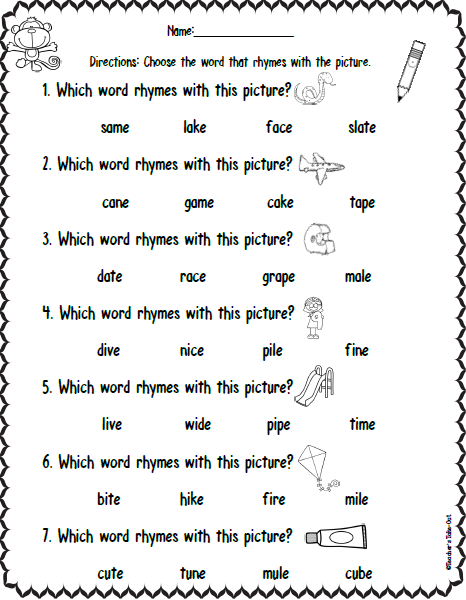
For parody, either a well-known author (at least for a given moment) or a well-known (at a given time) work of his is chosen, and the parody must constantly retain the techniques of the work of the parodied author so that he is immediately recognized by the parody, even if when his name is not given. To be offended by a parody is possible only with sick pride. Usually a talented parody glorifies the person being parodied even more and, in any case, cannot offend or humiliate a genuine talent.
Art parody Anna Akhmatova
I will light my last stub,
Unravel the meaning of dreams
And I will send you a terrible gift -
Letters from all my suitors.
After all, one and now with me
Walks in pajamas in the morning,
And another
left yesterday On the boat along the Kama.
E. Gerken
Parody of Vladimir Mayakovsky
Naughty - for me
Eat a fig! -
Parody will not come out,
I'll write it myself.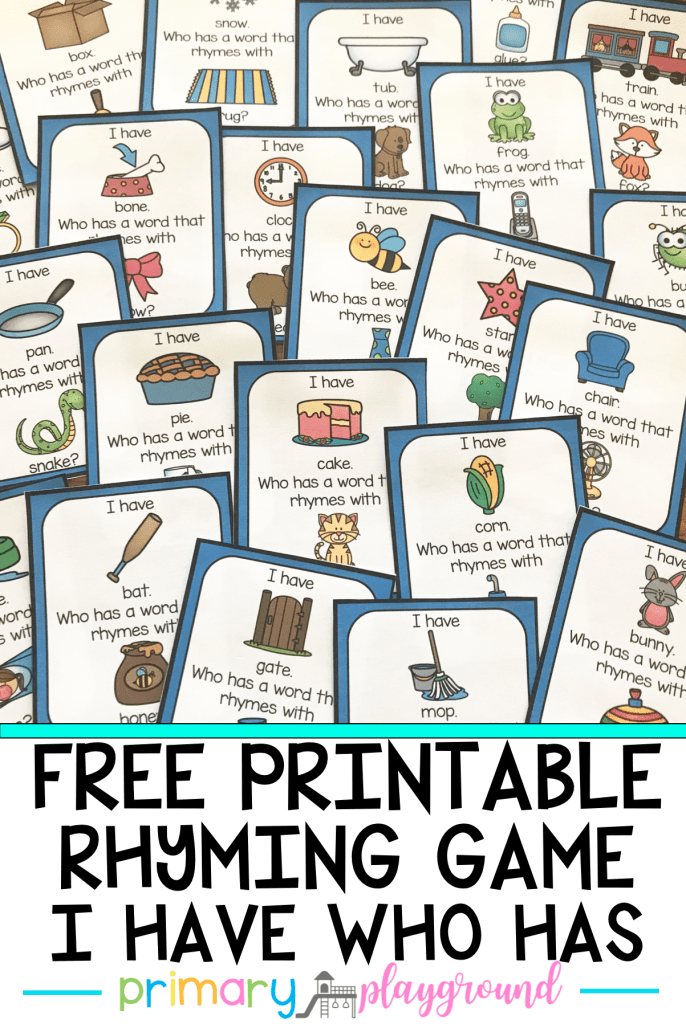
Or you don't feel,
What is my nature?
Where will you look,
With what torment
Drums and noise
Trousers?
Don't you dare buy anywhere,
Except GUM!
I buy
myself And others recommend
Button for underpants;
Prices published daily
42-18 -
Telephone.
I would like to go to GUM as a clerk,
I would sell all the boxes!
L. Borisov
For a cheerful poet
This book appeared -
New "university"
Light Muses,
Mind games,
Burime,
Laughter
"Echo",
Maidens of Myth
Logogriffa,
Epigrams, charades and jokes
For unoccupied minutes -
Who looks at things strictly, there is a lot of instructive
He will find in this book, dressed in a cloak of fun.
See same issue
Y. MOROZOV - Entertaining versification by N. N. Shulgovsky
How it works. What is rhyme and rhyme
Text: Olga Lapenkova
For a person who does not delve into the theory of literary criticism, rhyme is just the consonance of words located at the ends of lines. If there are such lines in the poem, then the work is written with rhyme; if not, we have blank verse. Like, for example, A. A. Akhmatova:
If there are such lines in the poem, then the work is written with rhyme; if not, we have blank verse. Like, for example, A. A. Akhmatova:
- When a person dies,
- His portraits change.
- Eyes look differently, and lips
- Smile with a different smile.
- I noticed this when I returned
- From the funeral of a poet.
- And since then I checked often,
- And my guess was confirmed.
However, the concept of "rhyme" has another meaning. In literary criticism, the term "rhyme" denotes which syllable (if counted from the end of the line) is stressed:
- • on the first syllable - masculine rhyme;
- • on the second syllable - feminine rhyme;
- • on the third - dactylic rhyme.
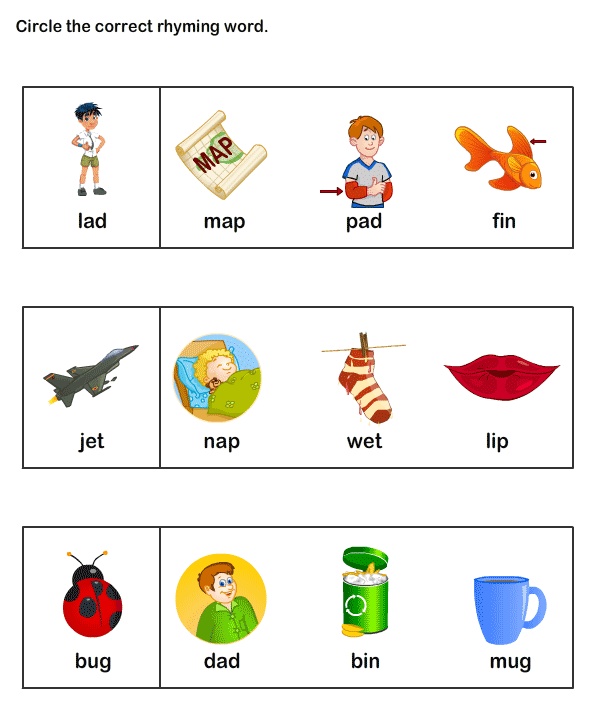
Since there is nothing accidental in the lyrics, each type of rhyme adds something new to the melody of the piece. So, the male rhyme "weights" the sound of the verse, and the female one, on the contrary, makes it smoother. Let's see how it works for domestic classics.
Masculine rhyme
Masculine rhyme literally "prints" the reader's attention to the end of each line. The poem, which uses only male rhymes, sounds extremely convincing, clear and strict. Therefore, such a solution is not very suitable for poems about love or nature - in general, about something touching and tender. But if the lyrical hero is faced with serious trials or even finds himself on the border between life and death, the male rhyme is most welcome. It is no coincidence that A. S. Pushkin reads:
PRISONER
- I am sitting behind bars in a damp dungeon.
- A young eagle bred in captivity,
- My sad comrade, flapping its wings,
- Pecks bloody food under the window,
-
- Pecks, and throws, and looks out the window,
- As if he thought the same thing with me.
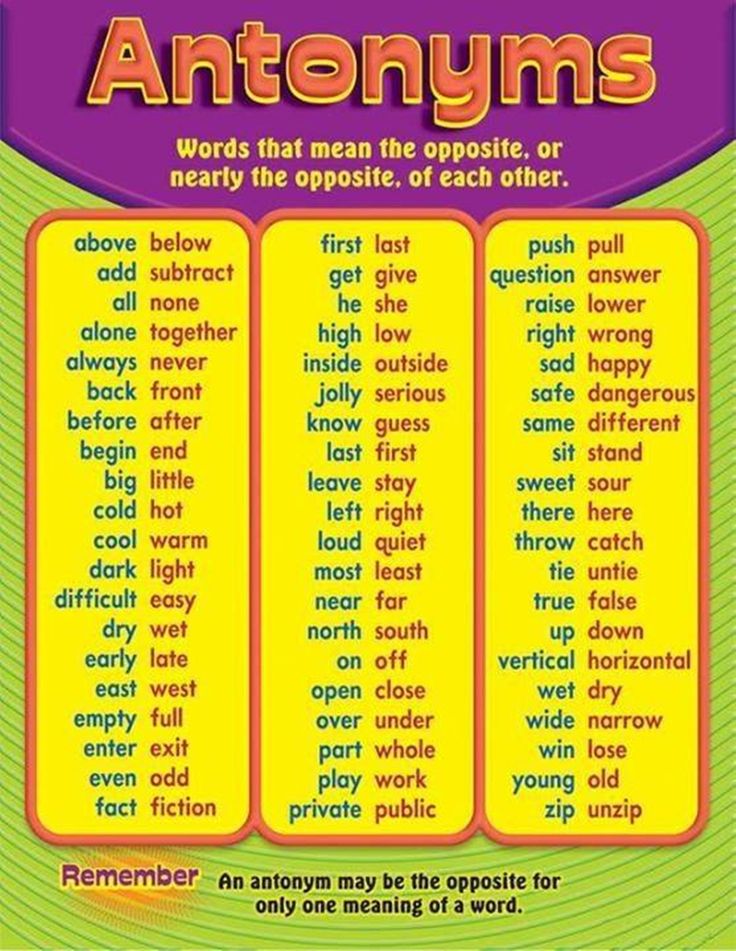
- He calls me with his eyes and his cry
- And he wants to say: “Let's fly away!
-
- We are free birds; it's time, brother, it's time!
- Where the mountain turns white behind a cloud,
- Where the sea edges turn blue,
- Where only the wind walks… Yes, I! As, for example, in D. I. Kharms’s children’s poem “Very, very tasty pie”, where the reader himself must “finish” the ending of each couplet:
- I wanted to arrange a ball,
-
- Bought flour, bought cottage cheese,
- Broken scattered ...
-
- Pies, knives and forks here-
- But something guests ...
-
9
- I waited for the strength,
- then a piece .
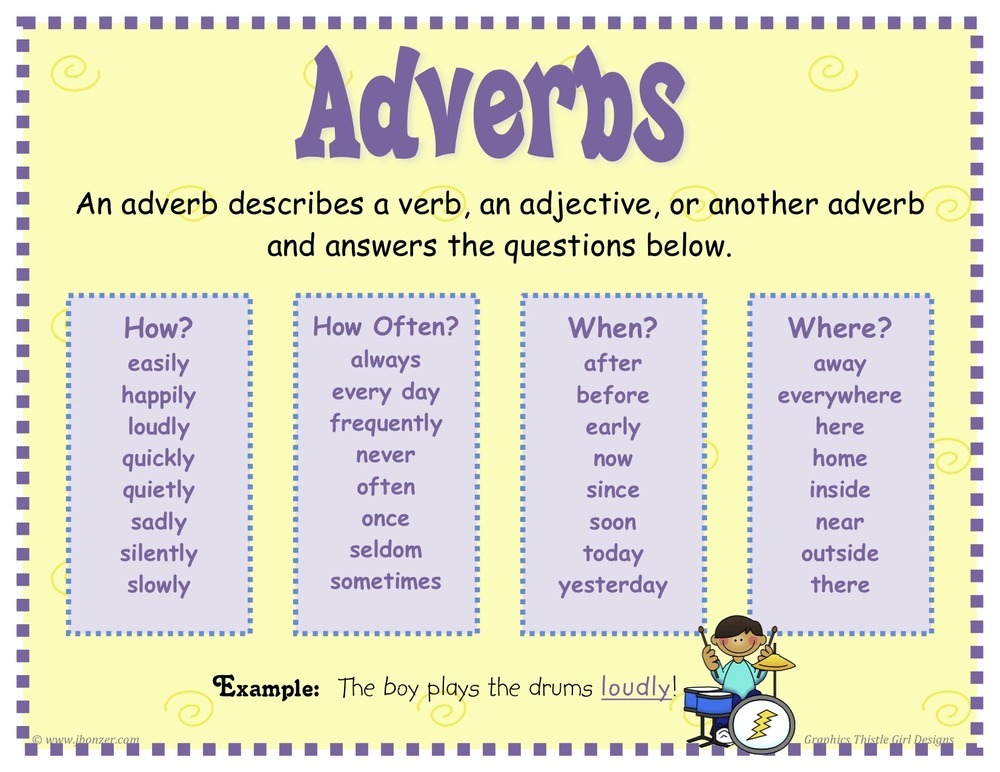 ..
..
9 and sat down - And the whole pie in a minute...
-
- When the guests arrived,
- Even crumbs...
entertainment would have gotten a headache.
Feminine rhyme
Feminine rhyme sounds smoother and gentler than masculine rhyme, so it is great for love and philosophical lyrics. N. A. Nekrasov, in particular, was well aware of this, who wrote the following poem:
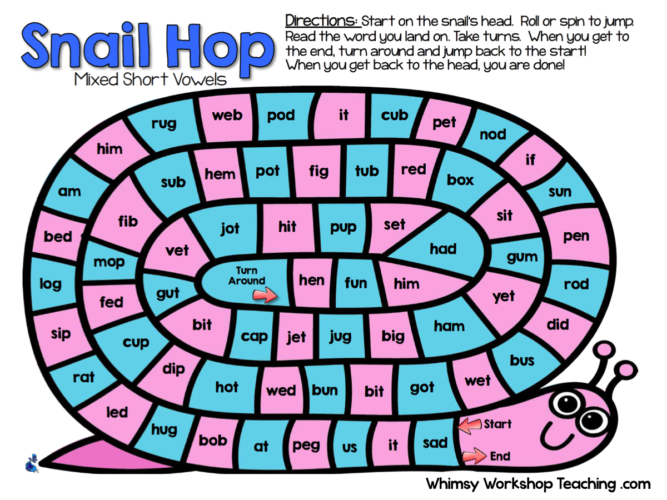 In many ways, this is the merit of the three-syllable meter (the poem is written in anapaest) - but also, of course, the female rhyme. Please note: the stress in each line falls on the second syllable from the end!
In many ways, this is the merit of the three-syllable meter (the poem is written in anapaest) - but also, of course, the female rhyme. Please note: the stress in each line falls on the second syllable from the end! Dactylic rhyme
If female rhyme is fluidity and tenderness, then dactylic is thoughtfulness, slowness and, in many cases, melancholy and sorrow. If the poem is about something ordinary, then such a creative decision can tire the reader and cause him to yawn. So it is not surprising that dactylic rhyme is rare. An eloquent example is a poem by I. S. Nikitin, written on behalf of a person who has only a few days or even hours left to live:
- A deep hole dug with a spade,
- Life is sad, life is lonely,
- Life is homeless, life is patient,
- Life is like an autumn night, silent… <...>
-
- 9 What? sleep, my fate is harsh!
- The pine lid will close firmly,
- It will press down tightly with damp earth,
- Only one person will decrease .
 .. <...>
.. <...> -
- Here it is - a carefree song is heard,
- Guest of the churchyard, vagrant songstress,
- Bathes in the blue air in the wild;
- The sonorous song crumbles like silver… <...>
Indeed, how else to convey the despair of a dying man who did not have a very cheerful life — but, no matter how heavy and longing it may be, you can’t say goodbye to it I want to?
Alternation of rhymes
Above were cases of "pure" use of one or another rhyme. So, in Pushkin's "The Prisoner" in every line there was an exclusively masculine rhyme, in Nekrasov's poem "You and I are stupid people ..." - a female rhyme, in Nikitin's poem "A deep hole was dug with a spade ..." - dactylic.
However, such situations are the exception rather than the rule. Usually the authors alternate several rhymes throughout the work. Do you remember the program quatrain of F.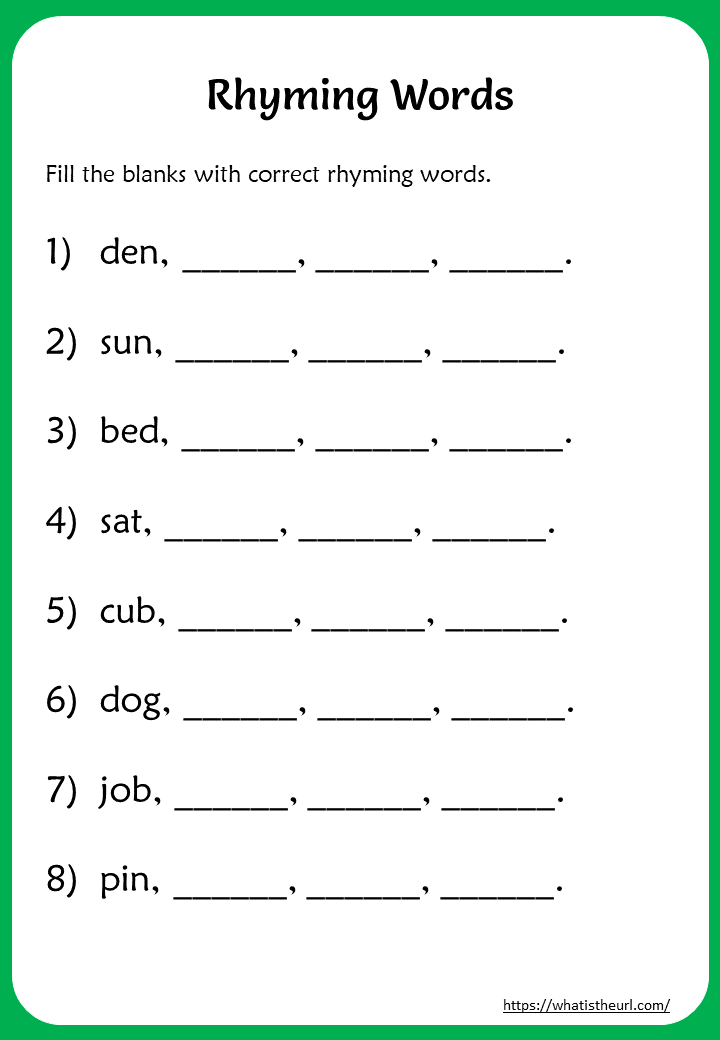 I. Tyutchev?
I. Tyutchev?
- You can't understand Russia with the mind,
- You can't measure it with a common yardstick:
- She has become special -
- One can only believe in Russia.
So, masculine and feminine rhymes alternate in it: in the first and third lines - masculine, in the second and fourth - feminine. Thanks to this solution, the quatrain sounds cheerful, musical, and not boring.
What is rhyming in literature
Literary criticism also has the concept of “rhyming”. It means in what order the rhymed lines are located in the poem.
To create a simple and convenient scheme, Latin letters can be used to designate consonant lines. This means that the “drawing” of each of the three rhyming options will look like this:
- • paired rhyming - aabb;
- • cross rhyming - abab;
- • ring, or girdle - abba.
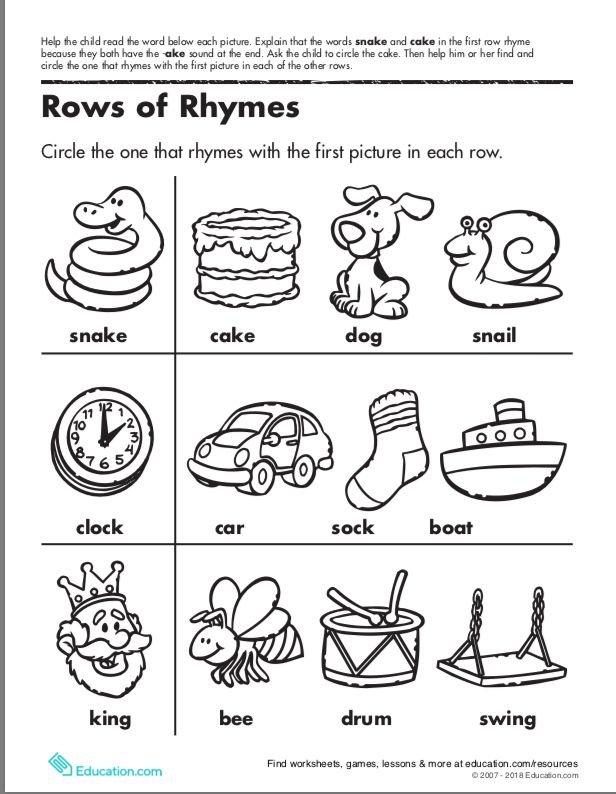
Consider each option with examples.
Paired rhyming
Paired rhyming is when consonant lines are located one after another. This decision is typical for light poems - children's and / or humorous. Here again it is appropriate to quote D. I. Kharms. The title of his poem "Passion" seems to hint that it will be about complex and serious things, but the content deceives our expectations:
PASSION
- I no longer have the power
- to harbor love passions.
- Nature has conquered me,
- I, having become brutalized, gnaw at the bit,
- a column of smoke pours out of my nose
- and my hair moves from passion over my forehead. <...>
-
- I no longer have the power
- to harbor love passions,
- they seethe in me with anger,
- that my object of love does not invite me to visit.

- I haven't seen the object for two days now.
- On the third I will end my life with a pistol. <...>
However, sometimes paired rhyming is used in serious - and even tragic - poems. O. E. Mandelstam liked to use this method, who at the height of Stalinist repressions wrote:

The lyrical hero reminisces about friends and acquaintances who became victims of the regime, and understands that he himself may be next... But why does the author use a deliberately deceptive paired rhyme in such a terrible poem?
Most likely to show everyday life, familiarity of what is happening for the inhabitants of St. Petersburg. Paired rhyming here allows us to emphasize that we are facing the tragedy of not one person, but the whole people.
Cross-rhyming
With the cross-rhyming type, consonant lines are located through one: the first rhymes with the third, the second - with the fourth.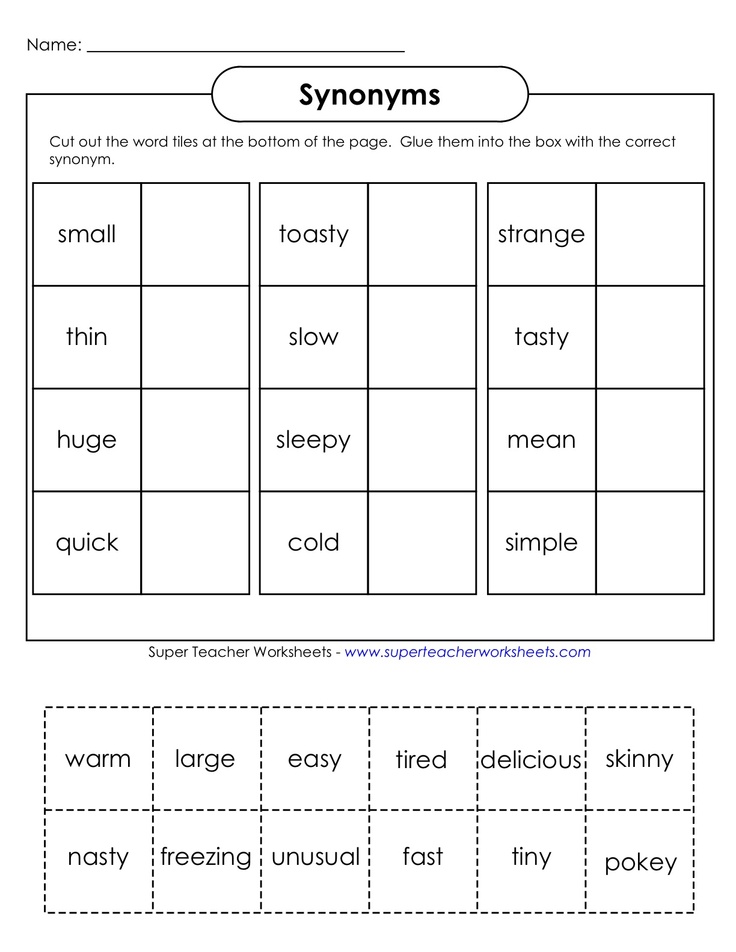 As, for example, ZN Gippius:
As, for example, ZN Gippius:
SUNSET
- The last pine tree is illuminated.
- Dark ridge fluffs under her.
- will now go out and it is .
- The day is over - it won't happen again.
-
- The day is over. What was in it ?
- I don't know, flew by like a bird.
- He was an ordinary day ,
- But still, it won't happen again.
This is the most familiar and therefore neutral rhyming option: not too fast, not too slow. It is hardly suitable for counting rhymes or jokes. For a clumsy, gloomy elegy - too.
Ring, or girdle, rhyme
Ring rhyme is when the first line rhymes with the fourth, and the second - with the third .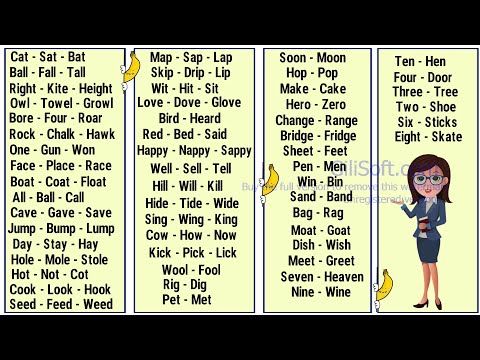 Thus, the first and last lines in the quatrain form, as it were, a “frame” or “belt” (hence the other name for this rhyme is encircling). The scheme of the poem in this case turns out to be intricate, heavy. Therefore, it is excellent for long reflections on the high. Or for mystical stories, like N. S. Gumilyov:
Thus, the first and last lines in the quatrain form, as it were, a “frame” or “belt” (hence the other name for this rhyme is encircling). The scheme of the poem in this case turns out to be intricate, heavy. Therefore, it is excellent for long reflections on the high. Or for mystical stories, like N. S. Gumilyov:
Beast Tamer
- Again with a learned and bold gait
- I am approaching the cherished doors,
- Animals are waiting for me there,
- Colorful animals behind strong bars.
-
- They will growl and be frightened by the scourge,
- They will be even more treacherous today
- Or more submissive... does it matter to me,
- If I am young and my blood is hot?
-
- Only.
 .. I see more and more often
.. I see more and more often - (I see and know that this is just nonsense)
- A strange beast that does not exist,
- He is golden, six-winged, silent.
-
- He watches me long and vigilantly
- And behind all my movements,
- He never plays with others
- And he never comes for food.
-
- If I am destined to die in the arena,
- The death of a tamer, I know now,
- This beast, invisible to the public,
- The first to bite my knees.
-
- Fanny, this flower withered by you,
- You, as always, are cheerful on the rope,
- My beast, he is dozing by your bed,
- Looks into your eyes like a faithful dog.
